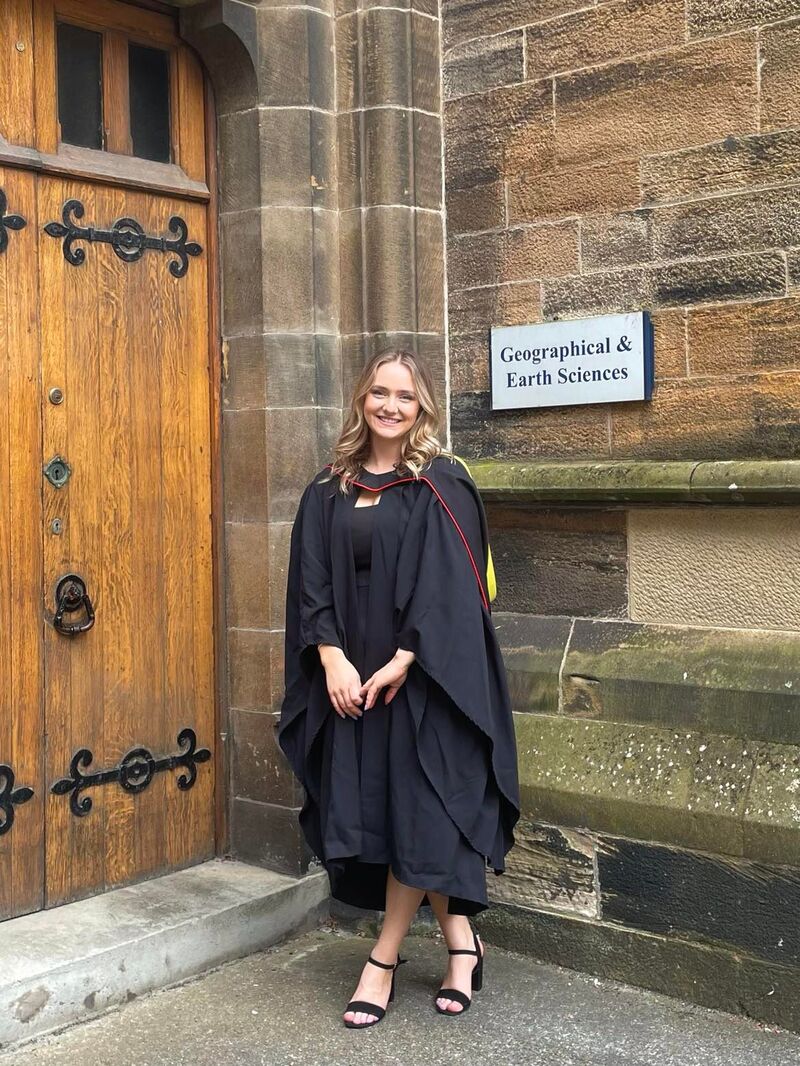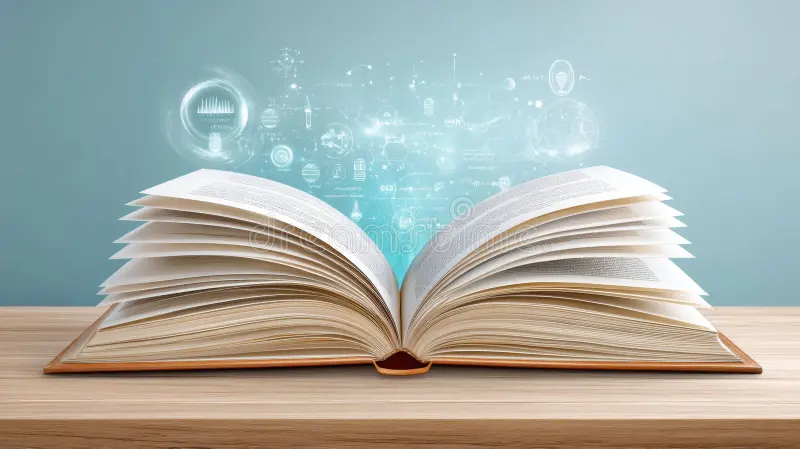Introduction
In an age of global connection, the idea of learning with no boundaries is revolutionizing education. Through breaking down barriers to learning and creating a platform for all students to achieve, students can pursue their own individual dreams and reach their own potential. It is an approach that is altering the course of the future, making learning more inclusive, active and relevant.
Expanding Access to Education
Digital Learning Platforms
Enter digital learning platforms which have given everyone the ability to be educated. Classes offered over the Web from top-notch institutions are now accessible to students anywhere. This access allows for people from different walks of life to obtain an education without being limited by location or lack of funds.
Overcoming Geographical Barriers
Learning is no longer limited to the four walls of a classroom. Virtual training rooms and internet-based communities link students from around the globe and provide opportunities for sharing and burgeoning cultural exchanges. This international exposure is broadening the minds and building global oneness, it is bridging the gap between us and bridging our geography.
Innovative Learning Approaches
Personalized Learning Experiences
If” is a hypothetical statement about Personalized Learning and how it can cater to individual needs and paces of specific students. Adaptive technology drills performance data to personalize content, so what you see is interactive and fit for your level ‒ at every step. It encourages potential to blossom, motivation to grow, and reaches various learning styles.
Collaborative Projects and Peer Learning
In group projects and peer learning schemes, teamwork and creativity is nurtured. Participants in virtual exchanges and joint initiatives build problem-solving and cultural awareness. In so doing, they become better equipped to tackle global challenges, strengthening their commitment to global responsibility and global community.
Empowering Educators
Professional Growth and Development
When it comes to enabling limitless learning, gigabit to the school is essential, but empowering teachers is just as important. Access to international teaching resources and training opportunities enhances their practices. Teachers othering teachers in collaborative platforms Teachers communicate ideas, strategies and support via shared collaboration, increasing their efficacy in many diverse classrooms.
Integrating Technology in Teaching
Teachers are using technology more and more in their teaching. Instruments such as virtual reality, interactive apps, and digital storytelling enhance engagement and understanding. Educators can develop exciting and engaging learning environments by way of embracing innovation.
Addressing Challenges
Bridging the Digital Divide
The digital gap persists as an issue despite this progress. We need to ensure that there’s an equal access to technology and the internet that are crucial to inclusive education.” Joint efforts by governments, organizations and communities are needed to narrow this gap and ensure that access to learning is equitable for everyone.
Adapting to Global Perspectives
When curricula are tailored to global perspectives and local contexts, they become more relevant and engaging. Including more voices and different experiences can deepen the learning experience, and cultivate critical thinking and empathy. Educators have to equate global world as well as with local necessity to make any education purposive.
The Role of International Partnerships
Supporting Global Education Initiatives
International collaborations are instrumental in the advancement of borderless education. Through initiatives to increase access, quality and equity, this work contributes to a more integrated and better informed world. They contribute resources and expertise, supporting structural connections and lifelong learning.
Advocating for Sustainable Development
Education is the heart of sustainable development; it allows people to make a difference socially and economically in the world. International partnership calls for education goals to be brought into alignment with the goals for sustainable development, to make sure that education becomes the engine for change. By encouraging critical thinking and cooperation, they provide a vehicle to help design a more sustainable, equitable world.
Conclusion
Knowledge simply knows no bounds and now anywhere in the world the minds can be enlightened, Education has taken a new shape and become a movement of innovation and oneness. Education becomes more accessible, effective, and inclusive when using technology as a force for good. When educators, learners, and communities join together, education becomes an unstoppable source of inspiration and connection. By working together and thinking creatively, we can bring down barriers in education and build a new future with hope and potential for all.


